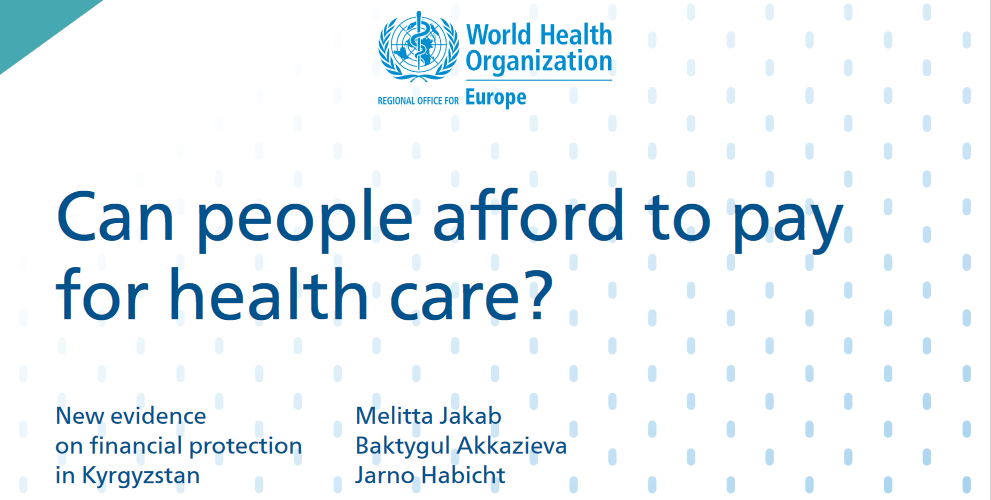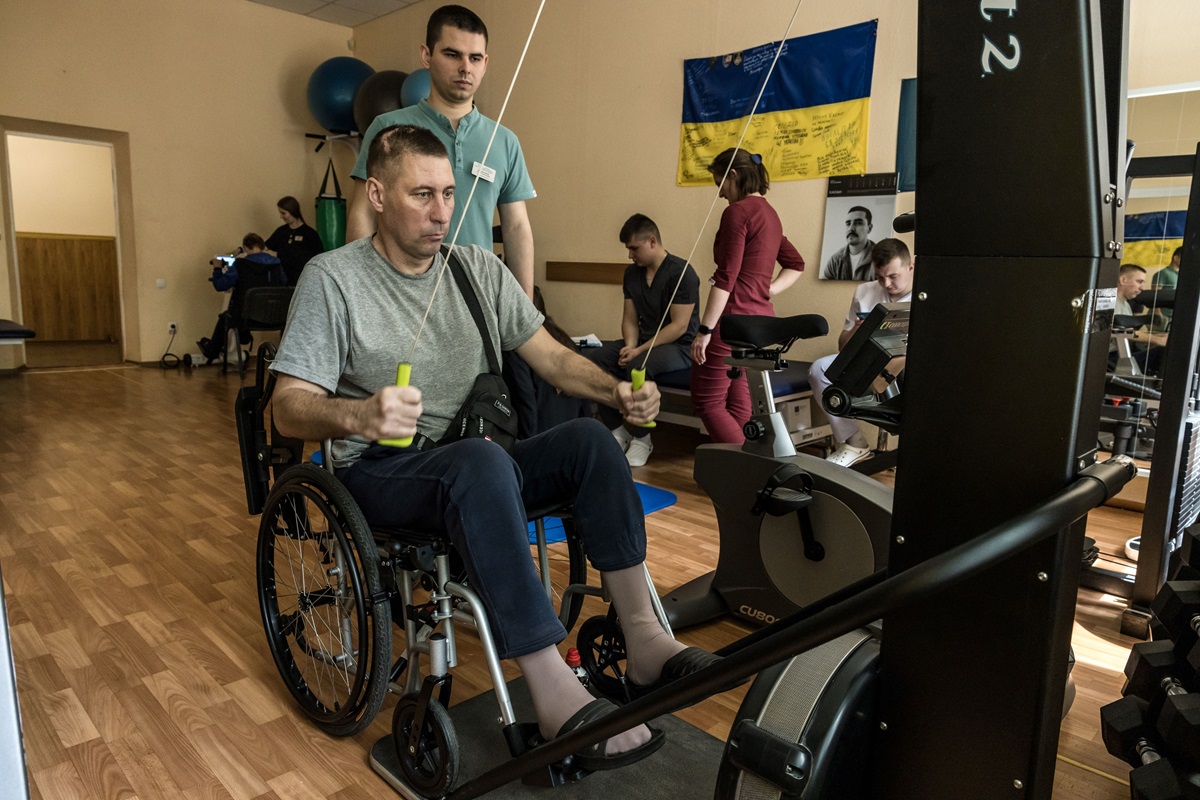The Service Availability and Readiness Assessment (SARA) survey is a systematic survey which aims to provide reliable information on availability and readiness of health services delivery. This is the second SARA survey conducted in Libya, with the first one completed...
The assessment of efficiency and coordination within the Libyan health care system during the armed conflict-2011
“The Libyan national health system is a victim of armed conflict, with destruction of clinic and hospital infrastructure. This study highlights the major damage that Libyan health care system has experienced and identified the important needs for a successful...

Qatar Affirms Commitment to Promote, Protect Elderly Rights
The State of Qatar reiterated its dedication to promoting and protecting the rights of the elderly during the 12th session of the United Nations Open-ended Working Group on Ageing. Najat Daham Al-Abdullah, Director of the Family Affairs Department at the Ministry of...
Social protection for migrant workers in the Gulf Cooperation Council countries
The report is the first of its kind to systematically assess the legal and effective access of migrant workers to nine areas of social protection, including medical, sickness, unemployment, injury, old-age, invalidity, family, maternity protection, and survivors'...
Health Financing in Sudan: Insights from the 2023 Conflict
In this article, researchers analyze the impact of the 2023 Sudanese conflict on the country’s fragile health financing system through interviews with key policymakers. Findings reveal that while the conflict has exacerbated resource allocation challenges,...
The impact of community-based health insurance on out-of-pocket healthcare spending
The paper examines how Rwanda’s community-based health insurance (CBHI) program influences household healthcare expenditures. Using survey data, the study finds that CBHI significantly reduces out-of-pocket healthcare costs, with an 83% decrease in per capita...

National Health Insurance to expand benefit package for pregnancy and childbirth
National Health Insurance has unveiled a plan to expand its benefit package to support healthy pregnancies and childbirth, starting from November 2024. This includes coverage for continuous glucose monitors for diabetic patients during pregnancy, reduce out-of-pocket...

Can people afford to pay for health care? WHO report on financial protection in Kyrgyzstan
This WHO report is part of series of country-based reviews that monitor financial protection in European health systems by assessing the impact of out-of-pocket payments on household living standards. Financial protection is central to universalhealth coverage and a...

WHO and European Observatory team up to strengthen rehabilitation financing in Ukraine
WHO Ukraine, alongside the European Observatory, launches a study to explore sustainable financing models for rehabilitation services, aiming to strengthen Ukraine’s healthcare system amidst growing demand for rehabilitation care.In a new collaborative effort, WHO...
Utilisation and barriers of social health protection
This paper analyses the extent of utilisation and identify the barriers faced by individuals in the Federally Administrative Area of Pakistan concerning the Social Health Protection Programme. The study findings indicated that approximately 12% of the participants...
Bandim Health Project report
Technical appendix to the policy brief ‘Mortality of women and children, coverage of essential maternal and child health services and out-of-pocket payments in rural Guinea-Bissau during PIMI III’: Report delivered to the Delegation of the European Union...
National STI/HIV/AIDS Strategic Plan 2020-2024
The National Strategic Plan aims to accelerate and amplify the national response to the dynamics of the epidemic through a set of strategies and interventions. These actions should contribute to breaking the STI/HIV transmission chain and ensuring universal access to...
National Health Development Plan 2024-2028
Based on the orientations of the PNS 2024-2034 (vision, values, guiding principles and reforms), and developed through an inclusive participatory process involving all stakeholders in national health action, the PNDS 2024-2028 is the first step in this renewed...
Making social protection a reality for people with TB: a perspective on new global guidance
The article "Making Social Protection a Reality for People with TB: A Perspective on New Global Guidance," published in the International Journal of Tuberculosis and Lung Disease, examines the critical role of social protection in addressing the social and economic...
National Social Protection Strategy-2012
The document consists of four parts and several appendices. The first part introduces the definitions, dimensions and conceptual framework of social protection(chapter 1), outlines the main elements of the national context in relation to the issue at hand(chapter 2)...
